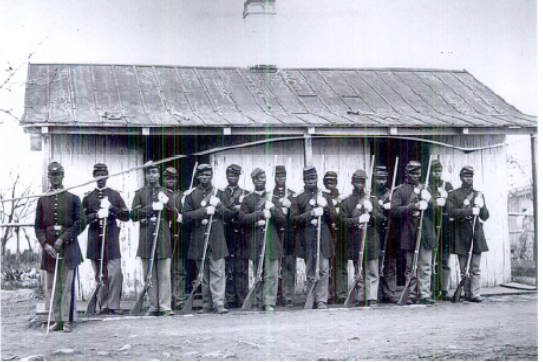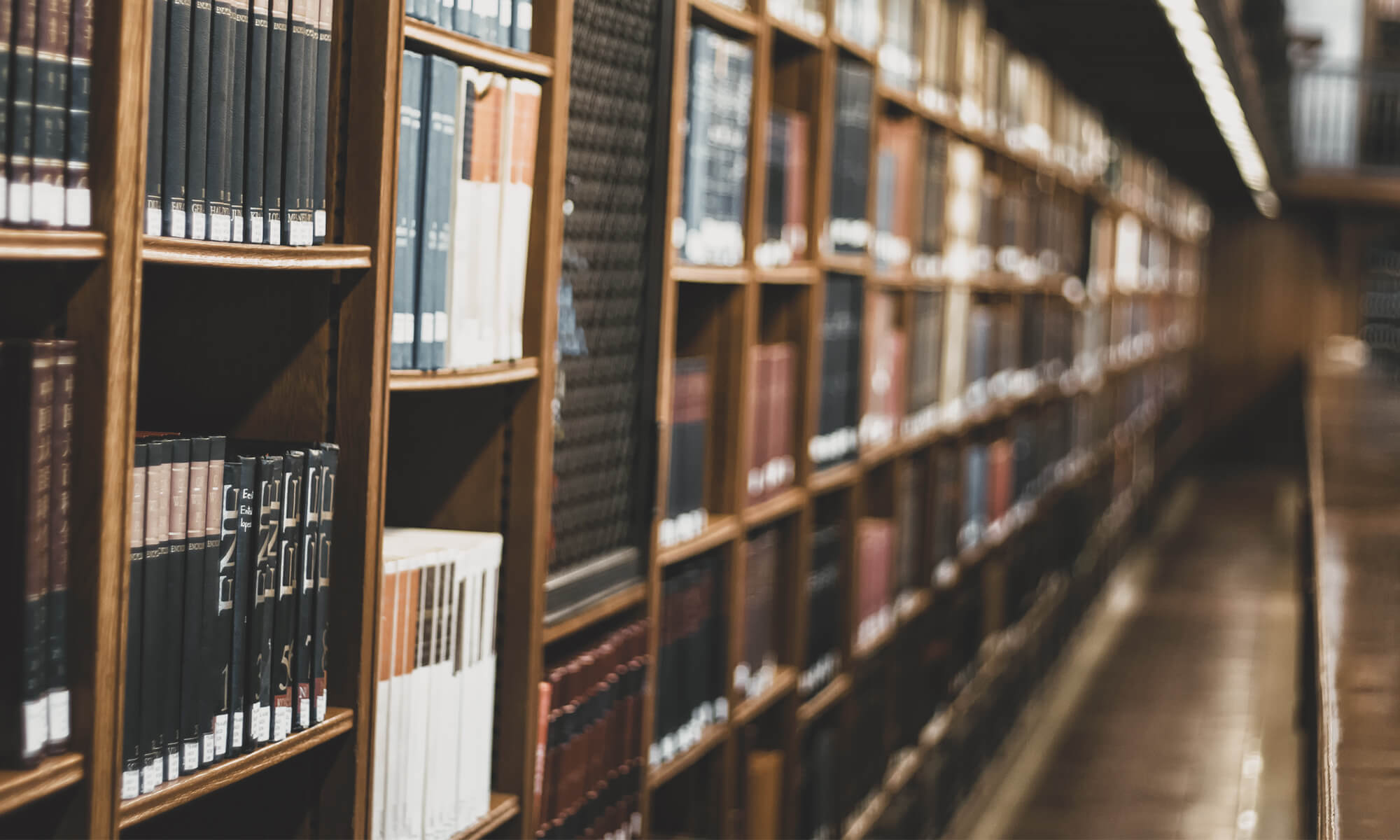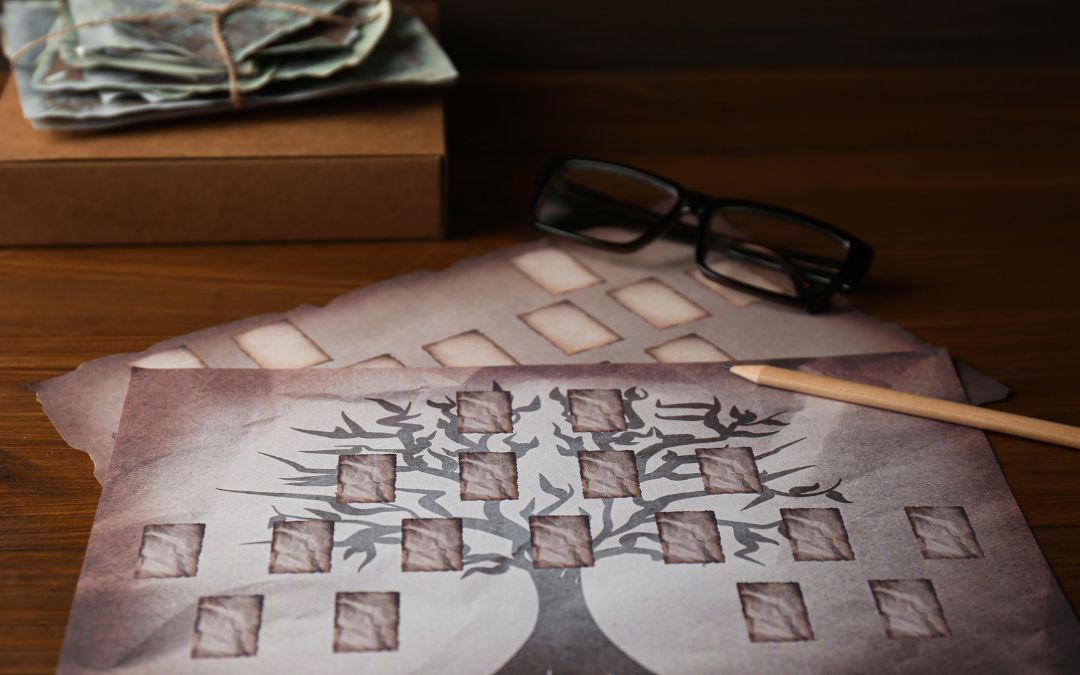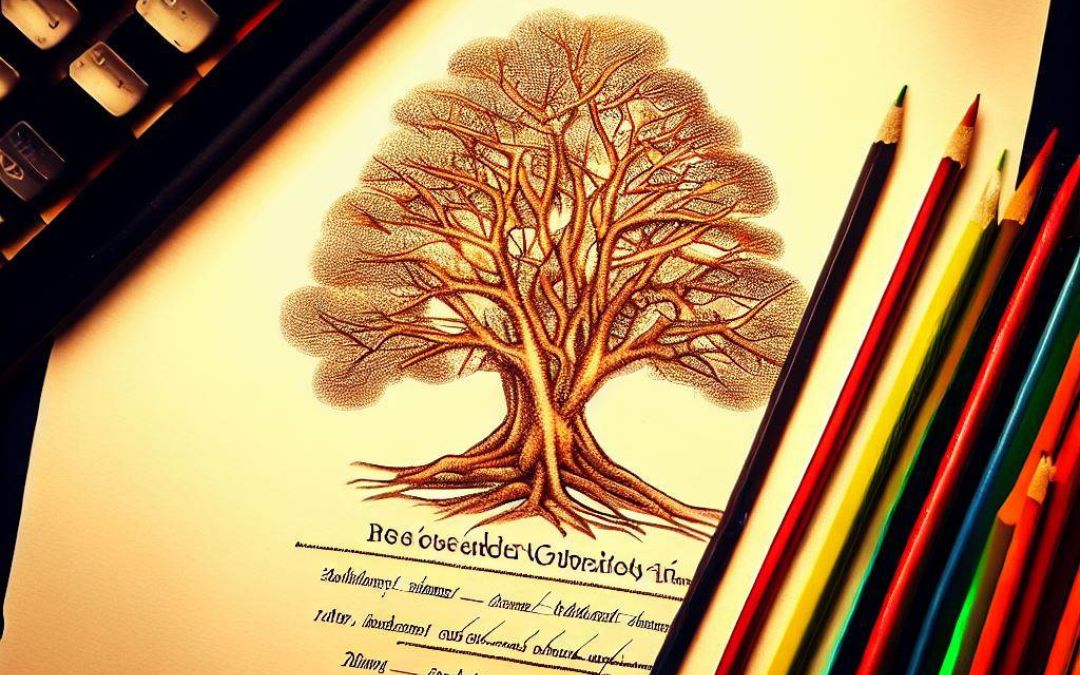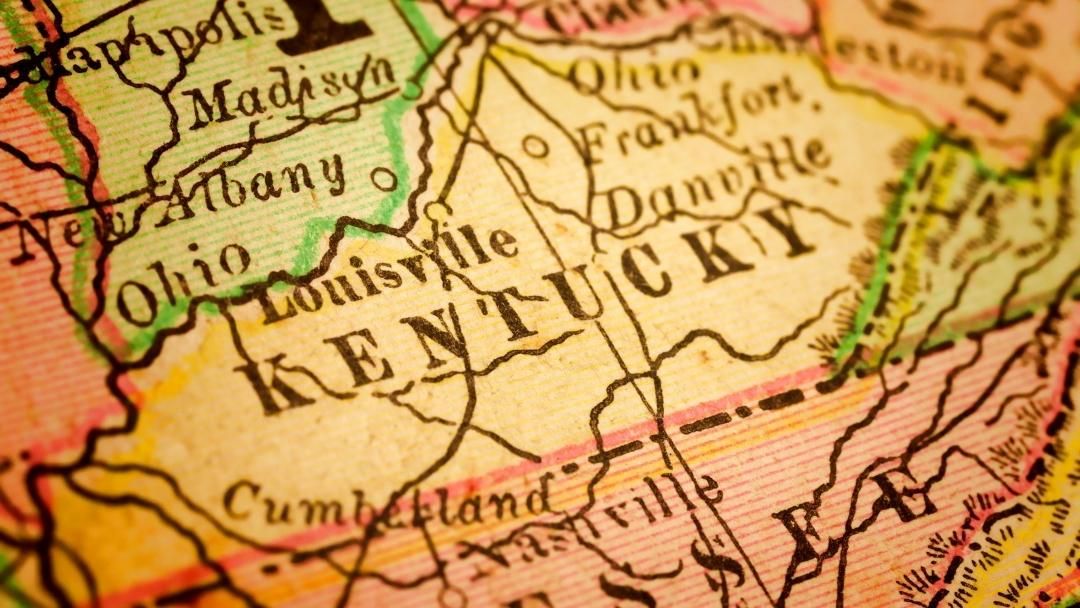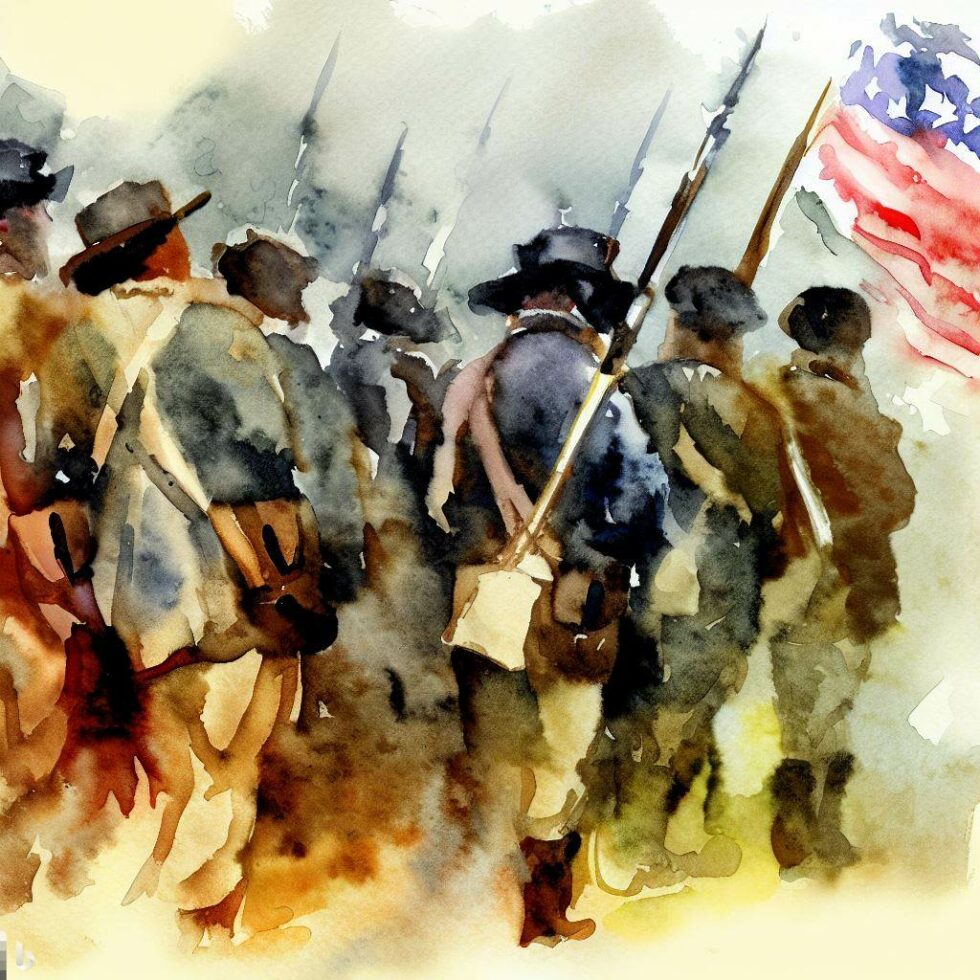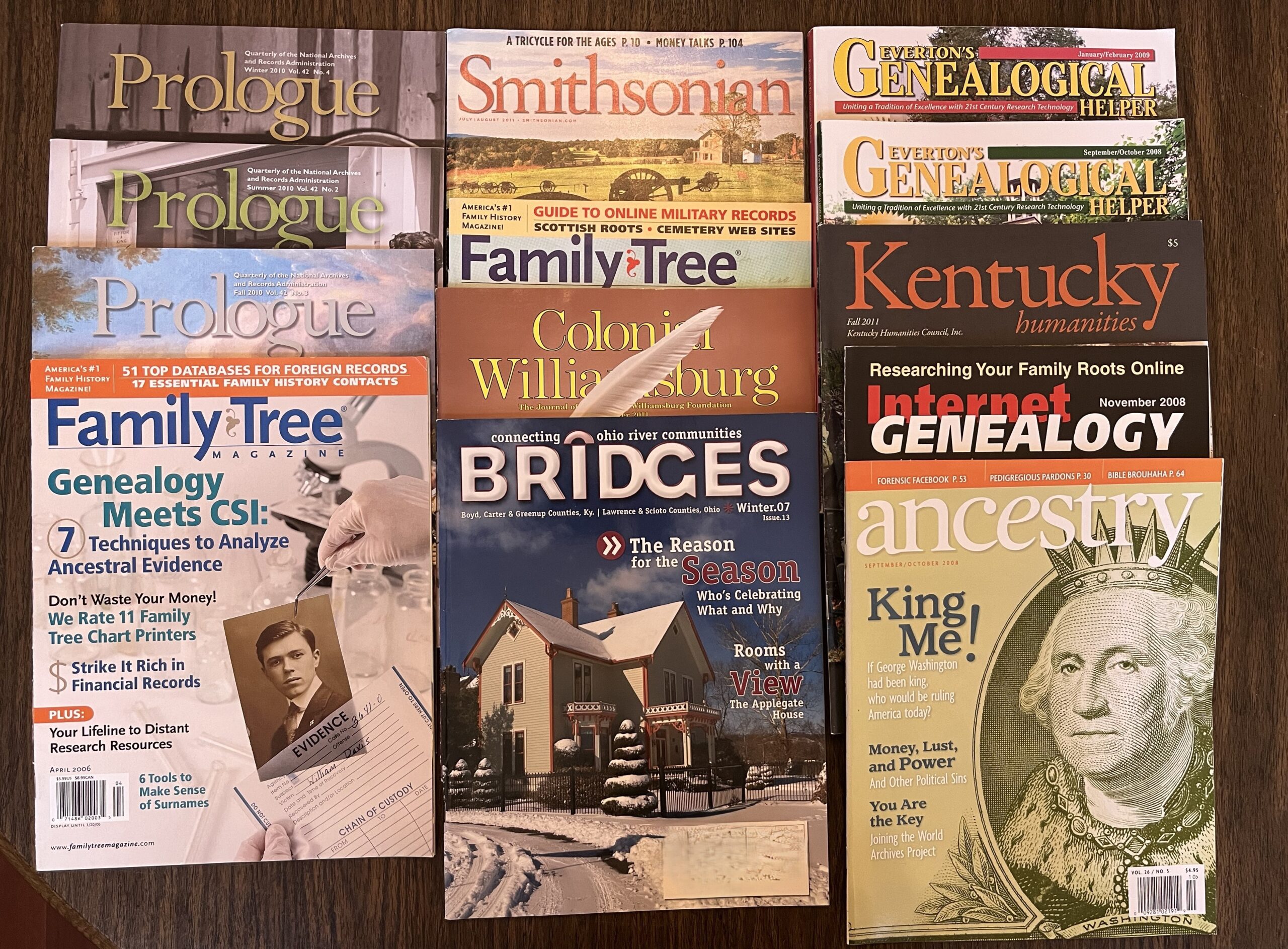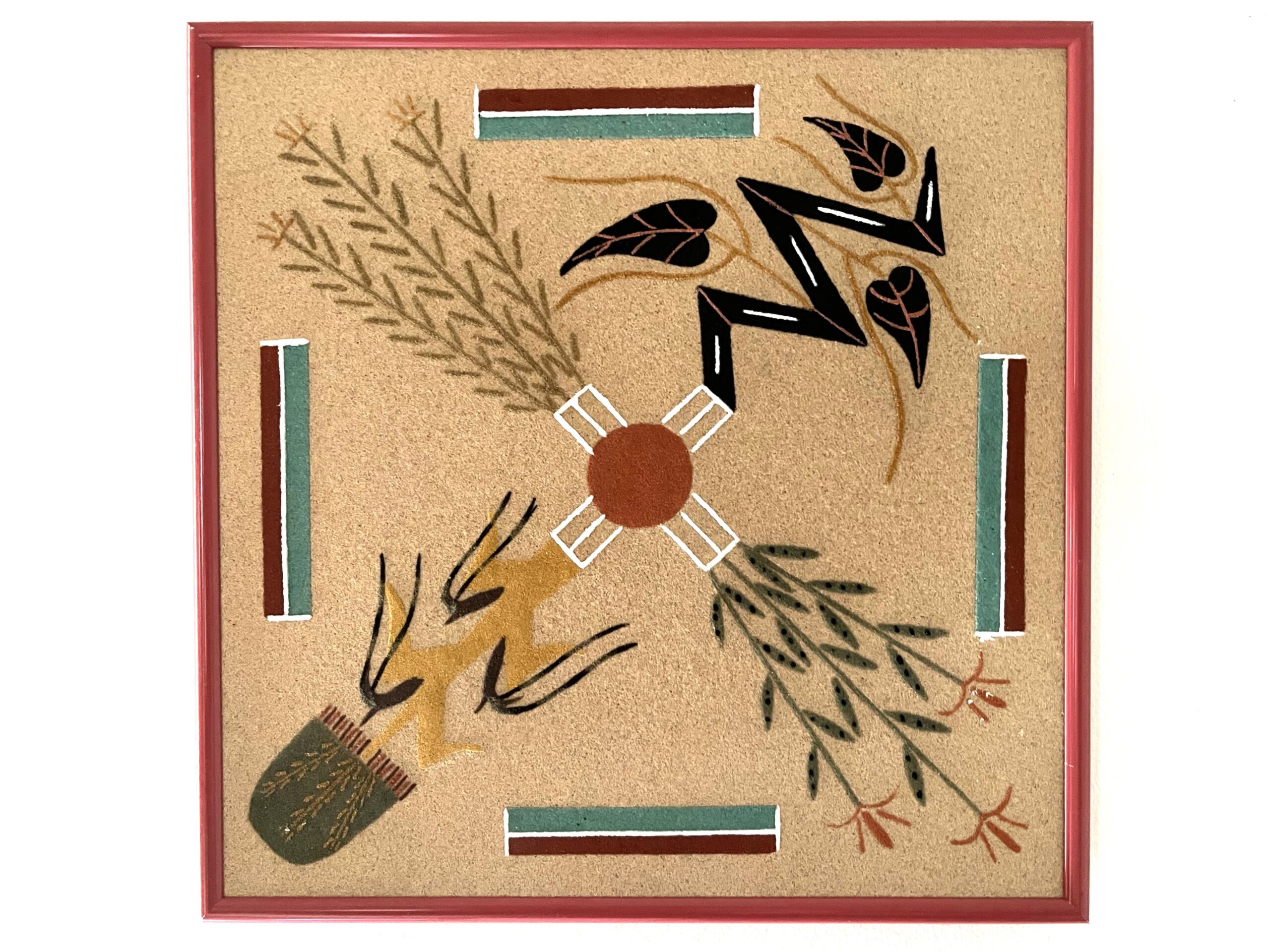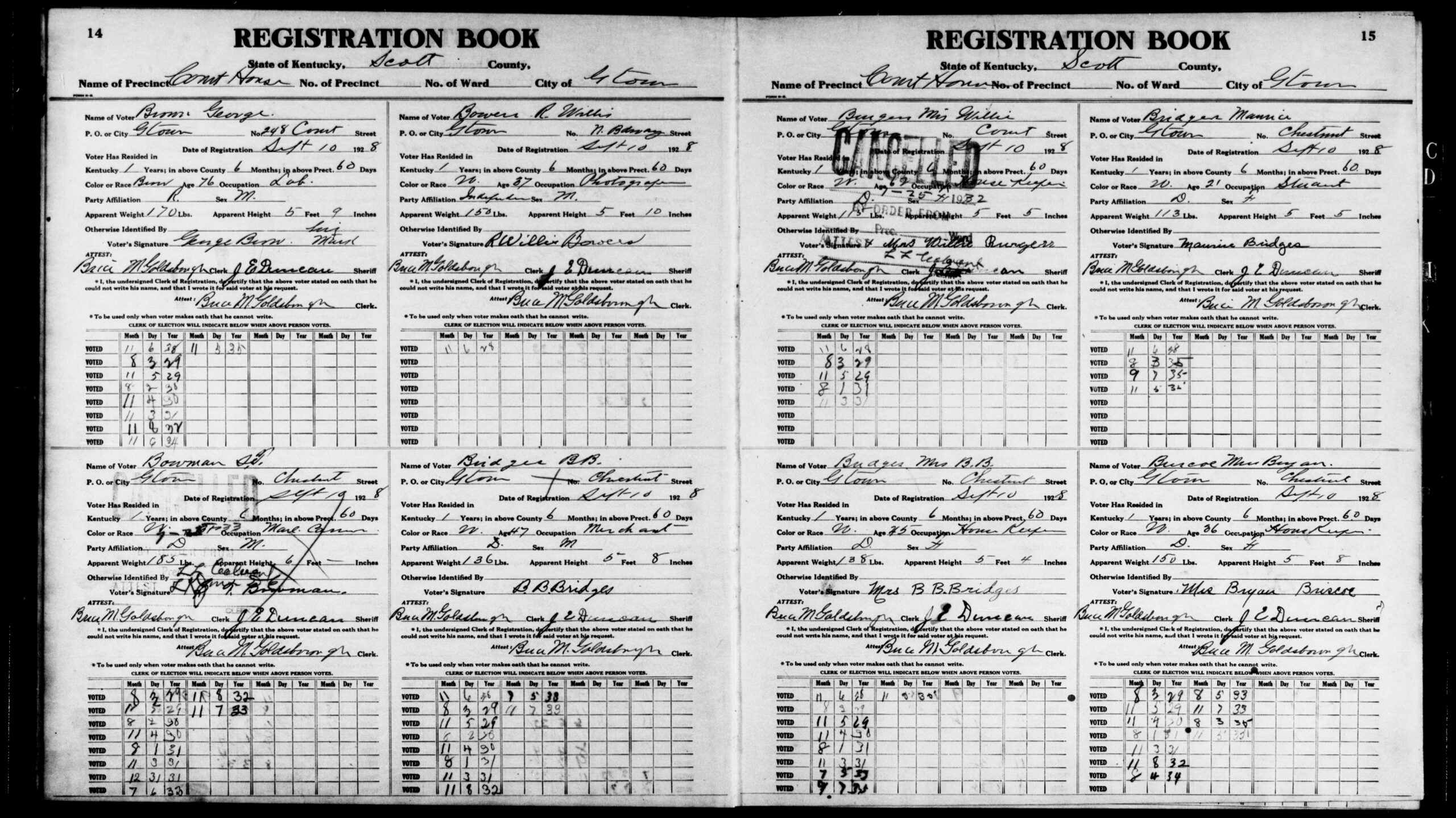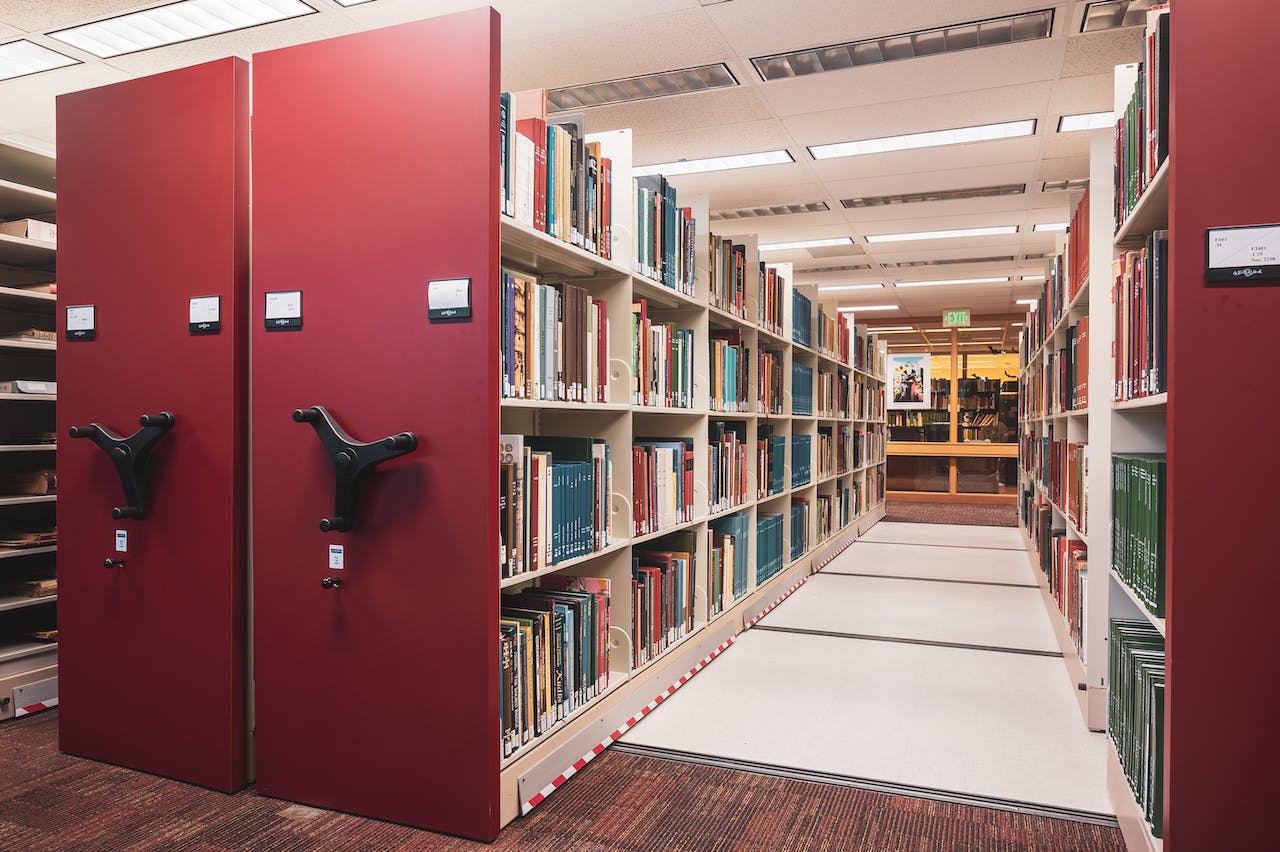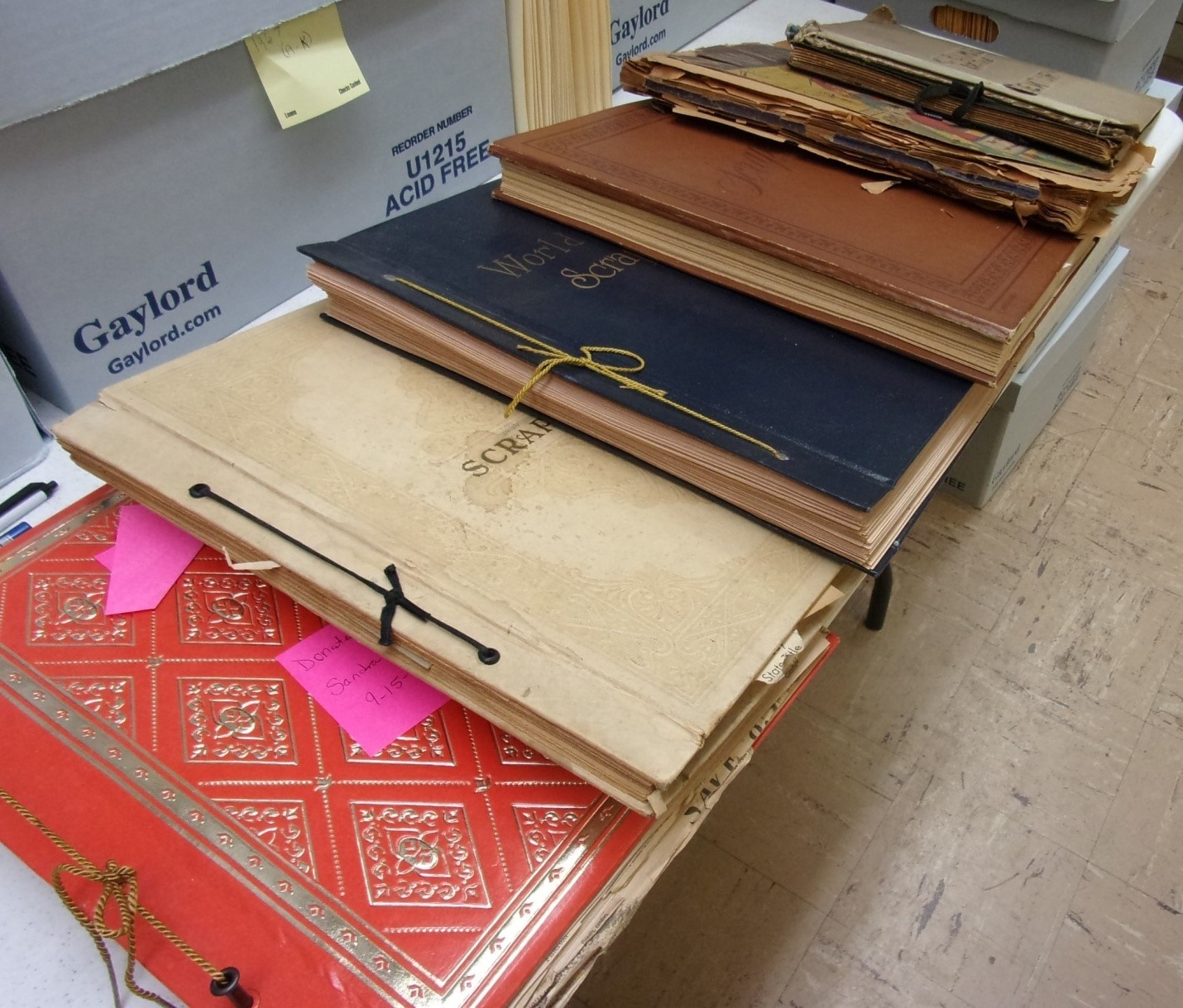Slave, Union Soldier, Husband and Father: Taylor Wolfork of Shelby County, Kentucky
Slave, Union Soldier, Husband and Father: Taylor Wolfork of Shelby County, Kentucky
This webinar will provide information about selected documents utilized in this research project and how to obtain them.
Making the Allen County Public Library Genealogy Center Your Research Assistant
Making the Allen County Public Library Genealogy Center Your Research Assistant
This presentation will introduce you to the Allen County Public Library Genealogy Center collections.
Murphy’s Rule: Foundations of Genealogical Success “Methods and Strategies for Effective Genealogy Research”
Murphy's Rule: Foundations of Genealogical Success "Methods and Strategies for Effective Genealogy Research"
Learn how to understand an ancestor's finances, property, and community involvement that could possibly provide breakthroughs to our research.
From Tree to Story: Turning Your Family Lineage into Family History
From Tree to Story: Turning Your Family Lineage into Family History
Learn about the mindset of nonfiction narrative storytelling and the various format and media options.
Early Ties to the Commonwealth: Use These Connections to Find the Whole Story
Early Ties to the Commonwealth: Use These Connections to Find the Whole Story
Locating early Kentucky records of our ancestors.
Navigating the Records from the War of 1812
Navigating the Records from the War of 1812
During this presentation, you will learn about the various records available for War of 1812 soldiers.
Meet PERSI, and Discover Treasures in Genealogy Periodicals
Meet PERSI, and Discover Treasures in Genealogy Periodicals
Learn to navigate PERSI, the Periodical Subject Index, and order copies of articles.
Unwrap the Treasures of Your Kentucky Heritage: 12 Tips for a Joyful December!
Unwrap the Treasures of Your Kentucky Heritage: 12 Tips for a Joyful December!
In this webinar, the Board of Directors will share their final Tip for December and the Society's plans for 2025.
Kentucky’s American Indian History, as Revealed Through Archaeology
Kentucky's American Indian History, as Revealed Through Archaeology
Learn about Native peoples who lived in ancient times in Kentucky and whom are the ancestors of the Native Americans living in Kentucky today.
Using Voting and Election Records to Find Your Ancestors
Using Voting and Election Records to Find Your Ancestors
Learn how to locate different kinds of voting and election records and the genealogical information they could contain.
Genealogy is a Public Activity! Finding Records in Kentucky’s Public Repositories
Genealogy is a Public Activity! Finding Records in Kentucky's Public Repositories
From this presentation, you will gain a general understanding of the collections held in public libraries and the Kentucky State Archives.
Breathing New Life into Your Boring Ancestors
Breathing New Life into Your Boring Ancestors
From this presentation, you will learn about finding records to help your ancestor's story and how to create and use timelines.

